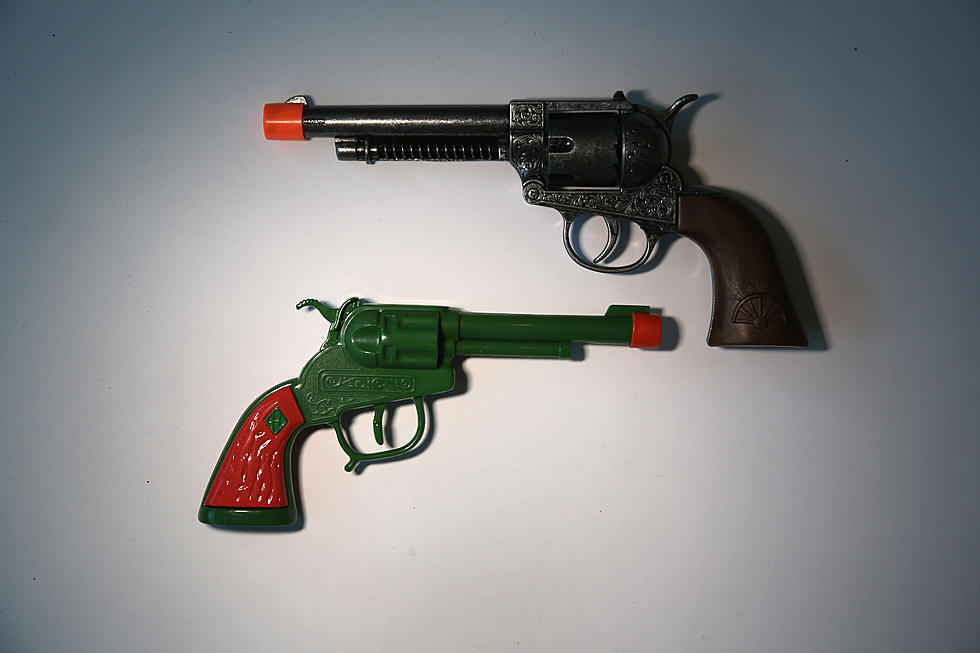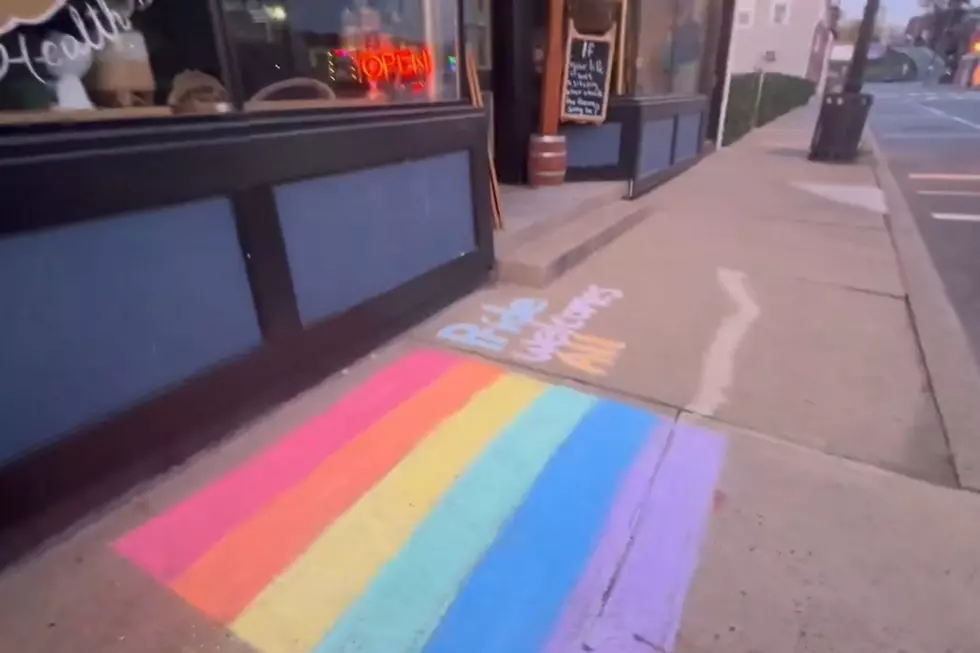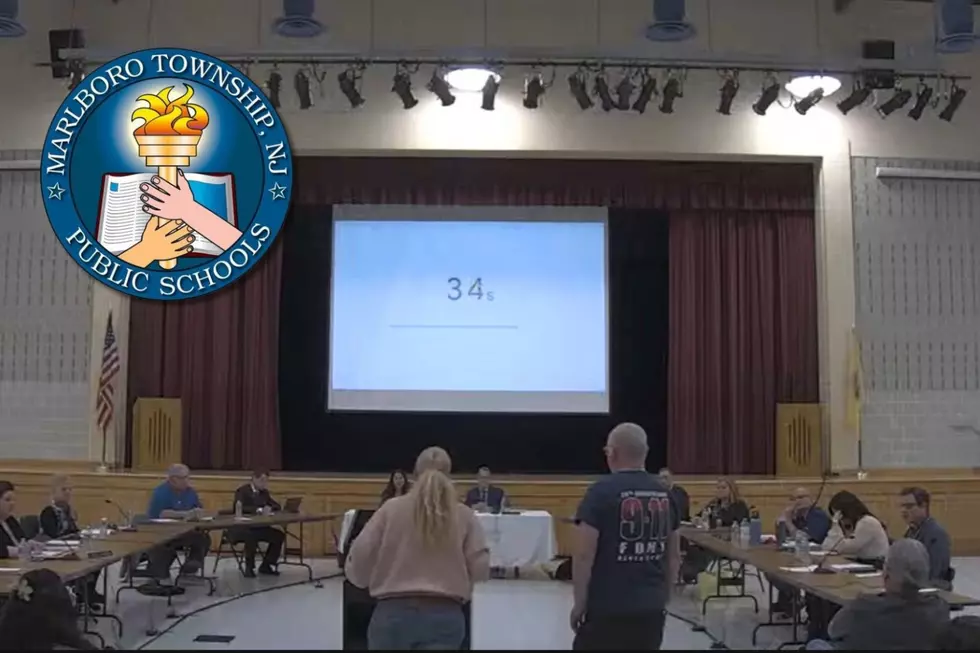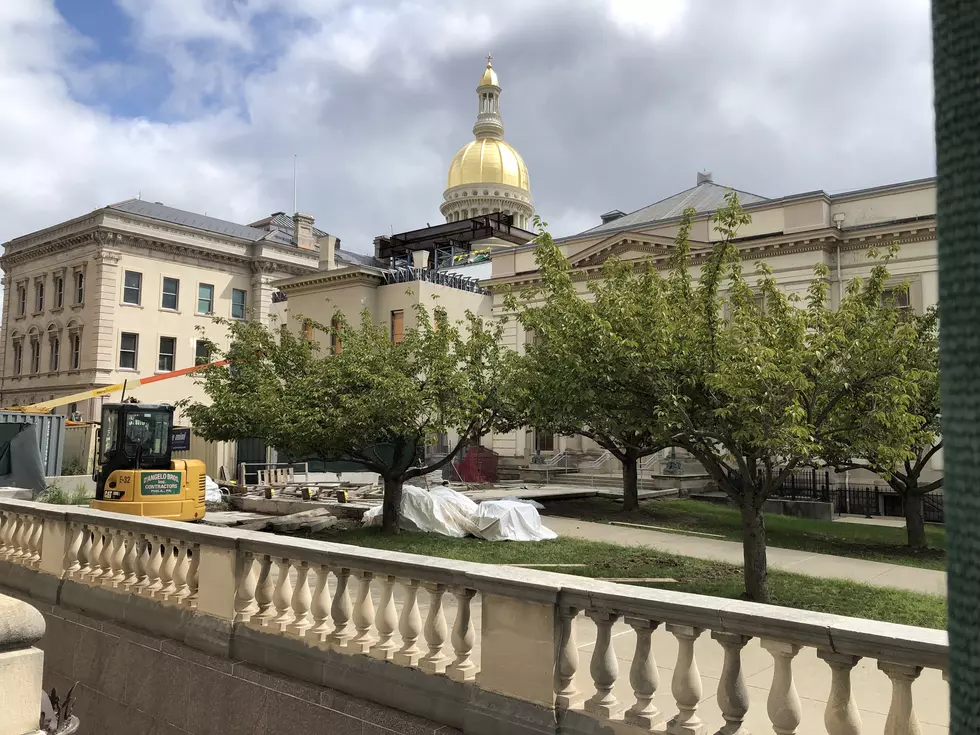
NJ Bill Would Make Realistic-looking Toy Guns Illegal to Sell
A plan is moving forward to make sure New Jersey law enforcement officers are able to tell the difference between real firearms and a toys.
The New Jersey Assembly has passed a measure that prohibits the sale of toy guns and imitation firearms that appear to be genuine. To set toy guns apart from real guns, it requires them to be some color other than black, blue, silver, or aluminum. Toy guns would have to be marked with non-removable orange stripes. It also sets requirements for the size and shape of their barrels.
Sometimes, Caputo said, “these officers are caught in a very split-second decision and people can end up being killed, and they have been killed because of these toy guns.”
“This is something that we’ve got to prevent," he said. "We don’t want police shooting kids and we don’t want kids pretending they have guns when they don’t. It ends up in a disaster.”
A press statement from the legislation's sponsors cites the case of Tamir Rice, a 12-year old boy shot by a Cleveland police officer in 2014 when playing with a toy gun. It also cites the case of Tyre King, a 13-year-old shot by police after he pulled a BB gun from his waistband in Columbus, Ohio in 2016.
According to the sponsors, at least 28 people with BB guns were shot and killed by police in 2015.
Caputo said he also wants to keep criminals from using fake weapons during robberies.
“Someone that is that foolish that would try to hold up a place with a fake gun, where they really had no intent on hurting anyone, can end up getting killed because the police view that as a real firearm," Caputo said.
The legislation defines “toy gun” as a facsimile or reproduction of a firearm that is marketed as a product intended for kids, or is very similar in appearance, size and shape to a genuine firearm.
Federal law also puts restrictions on toy guns. It also in most cases requires orange blazes or orange sections permanently affixed to the guns, or other characteristics that make it clear a gun is fake -- such as being completely transparent, to show its contents.
Caputo said everyone is hopeful the legislation will be passed by the State Senate in the coming weeks and that Gov. Phil Murphy will sign the measure into law before the next legislative session begins later next month.
The bill lays out exceptions for film and theatrical productions. Violators would have to pay up to $500 for a first offense and $1,000 for subsequent offenses.

More From WPG Talk Radio 95.5 FM










